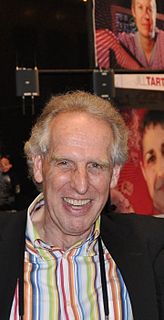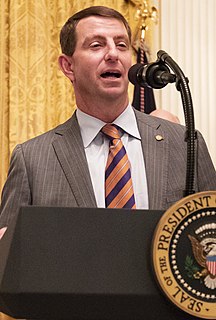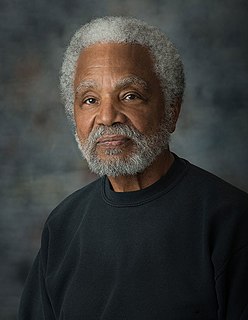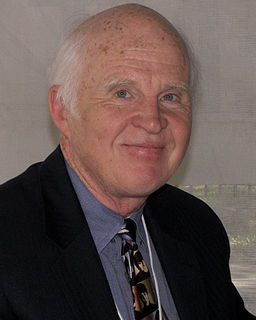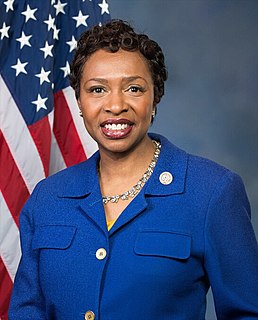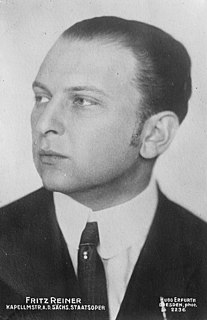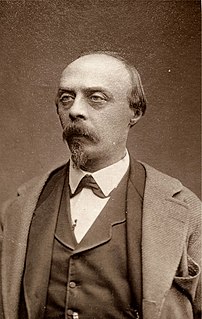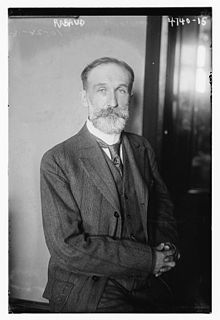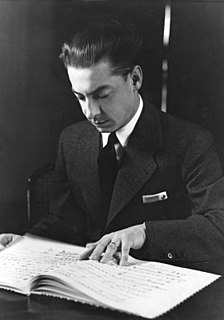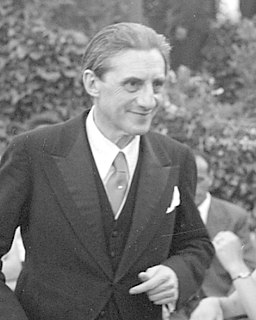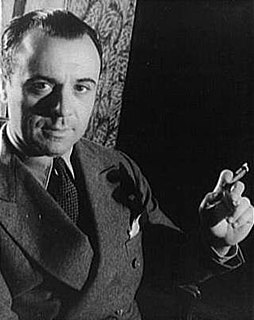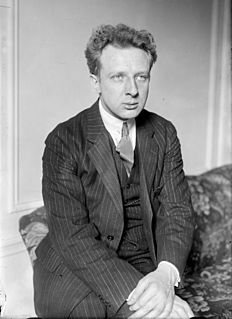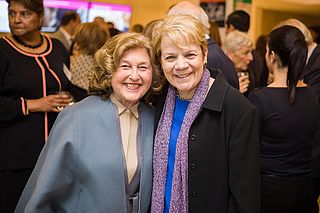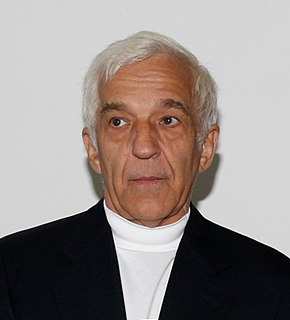A Quote by Benjamin Zander
Imagine Martin Luther King saying, 'I have a dream ... But I don't know if the others will buy it.'
Related Quotes
Martin Luther King really was a safety valve for white people. Any time it appeared that the black community was on the verge of really doing what we ought to do based on having been attacked, they put Martin Luther King on television. He was always saying, "We must use nonviolence. We must overcome hate with love." White people loved that. That's why they gave him a Nobel Prize. But when Martin Luther King started condemning the Vietnam War, that's when white people turned against him.
The white man supports Reverend Martin Luther King, subsidizes Reverend Martin Luther King, so that Reverend Martin Luther King can continue to teach the Negroes to be defenseless - that's what you mean by nonviolent - be defenseless in the face of one of the most cruel beasts that has ever taken people into captivity - that's this American white man, and they have proved it throughout the country by the police dogs and the police clubs.
I still hear people say that I should not be talking about the rights of lesbian and gay people and I should stick to the issue of racial justice. But I hasten to remind them that Martin Luther King Jr. said, 'Injustice anywhere is a threat to justice everywhere.' I appeal to everyone who believes in Martin Luther King Jr.'s dream to make room at the table of brother- and sisterhood for lesbian and gay people.
